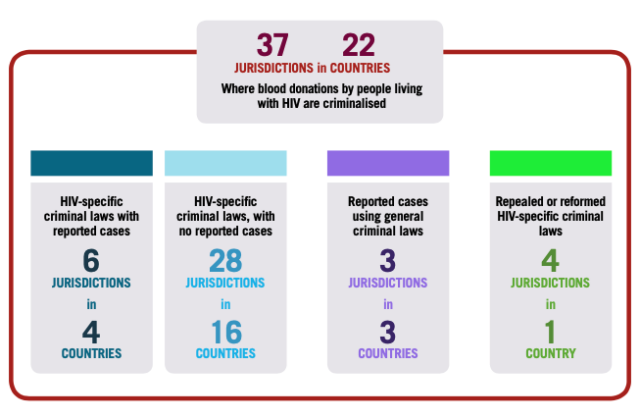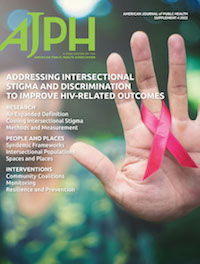Court decision upholds that people living with HIV have the same right to life as all others
Joint news release from the Southern Africa Litigation Centre, AIDS and Rights Alliance for Southern Africa, Lesotho Network of People Living with HIV and AIDS, HIV Legal Network and HIV Justice Network
On 25 October 2022, the High Court of Lesotho in the case of MK v Director of Public Prosecutions and Others issued a judgment on a constitutional challenge to certain sections of the Sexual Offences Act that impose mandatory HIV testing on persons accused of sexual offences, and subsequently impose a death sentence on persons convicted of sexual offences solely based on their HIV-positive status.
The case was supported by the Southern Africa Litigation Centre (SALC), AIDS and Rights Alliance for Southern Africa (ARASA), HIV Legal Network – all members of HIV JUSTICE WORLDWIDE (HJWW) Steering Committee coordinated by the HIV Justice Network (HJN) – as well as Kenya Legal & Ethical Issues Network on HIV and AIDS (KELIN). Lesotho Network of People Living with HIV and AIDS (LENEPWHA) was admitted as Amicus Curiae. The petitioner and Amicus Curiae were represented by Advocate Molati, Advocate Mokhathali, Advocate Masaeso, Advocate Mohau (K.C) and Advocate Letuka.
The petitioner challenged the constitutionality of section 32(a)(vii) of the Sexual Offences Act which appeared to impose a mandatory death sentence on people convicted of sexual offences who were HIV-positive and were aware of their status. The petitioner also challenged section 30 of the Act, which requires mandatory HIV testing for persons arrested and charged under the Act. The petitioner argued that the imposition of a mandatory death sentence solely on the grounds of HIV status, and mandatory HIV testing upon arrest, breached the constitutional rights to life, equality and non-discrimination, equal protection of the law, privacy, and dignity and that they contribute to stigma against people living with HIV.
In a judgment written by Justice Makara, the High Court, sitting as a Constitutional Court, declared that section 32(a)(vii) of the Sexual Offences Act was unconstitutional to the extent that it imposes a death sentence solely on the basis of a person’s HIV status, as this was discriminatory and amounted to inhumane treatment. The Court said that people convicted of sexual offences should be sentenced according to the mitigating or aggravating circumstances rather than HIV status alone, and that the law should be interpreted so as not to require a mandatory death sentence for a person living with HIV.
“People living with HIV have the right to life, as all people do. Imposing the death penalty based on a person’s HIV-positive status is the most extreme form of discrimination possible. We welcome the Lesotho High Court’s decision to end this terrible human rights violation.” Edwin J Bernard, HIV Justice Network, global coordinator, HIV JUSTICE WORLDWIDE.
“While recognizing the serious impact of sexual violence, the judgment is an acknowledgment that the over-broad use of criminal laws and sanctions solely based on HIV status is unjust and not justified by a scientific and human-rights based approach” Maketekete Alfred Thotolo, Executive Director, LENEPWHA.
Download the pdf of the news release here





